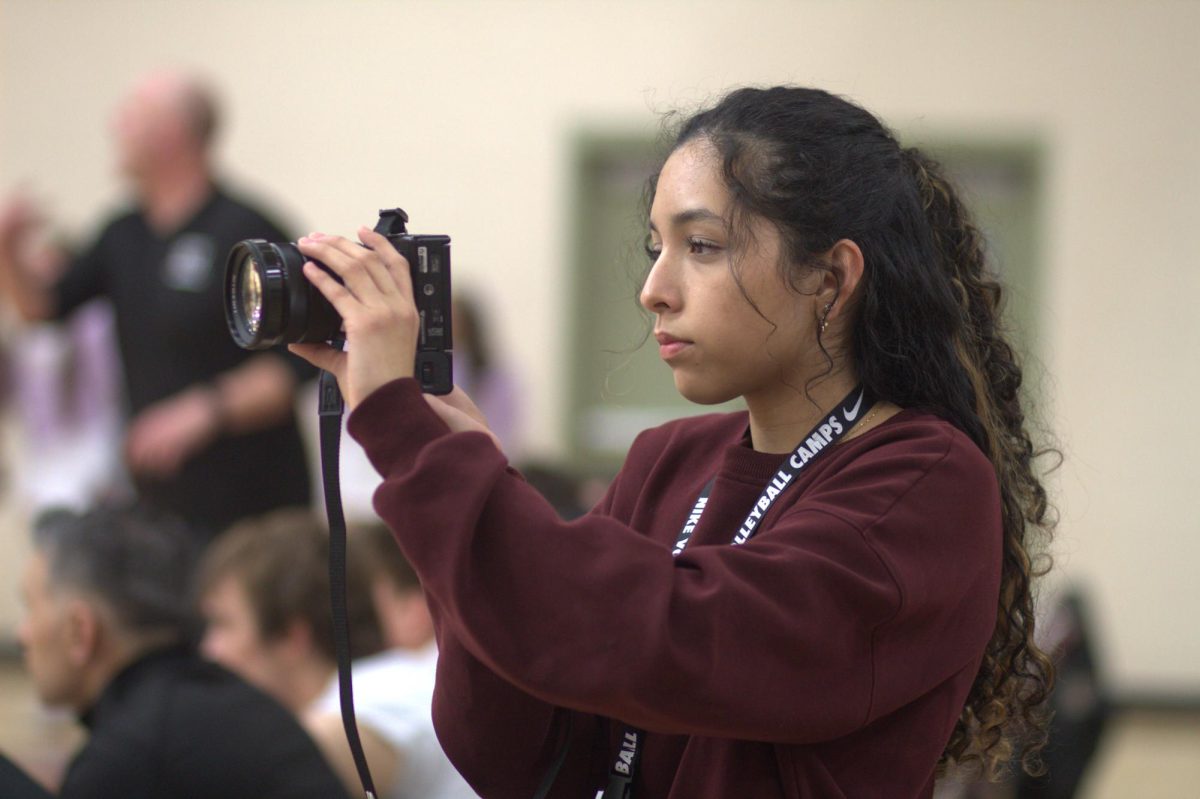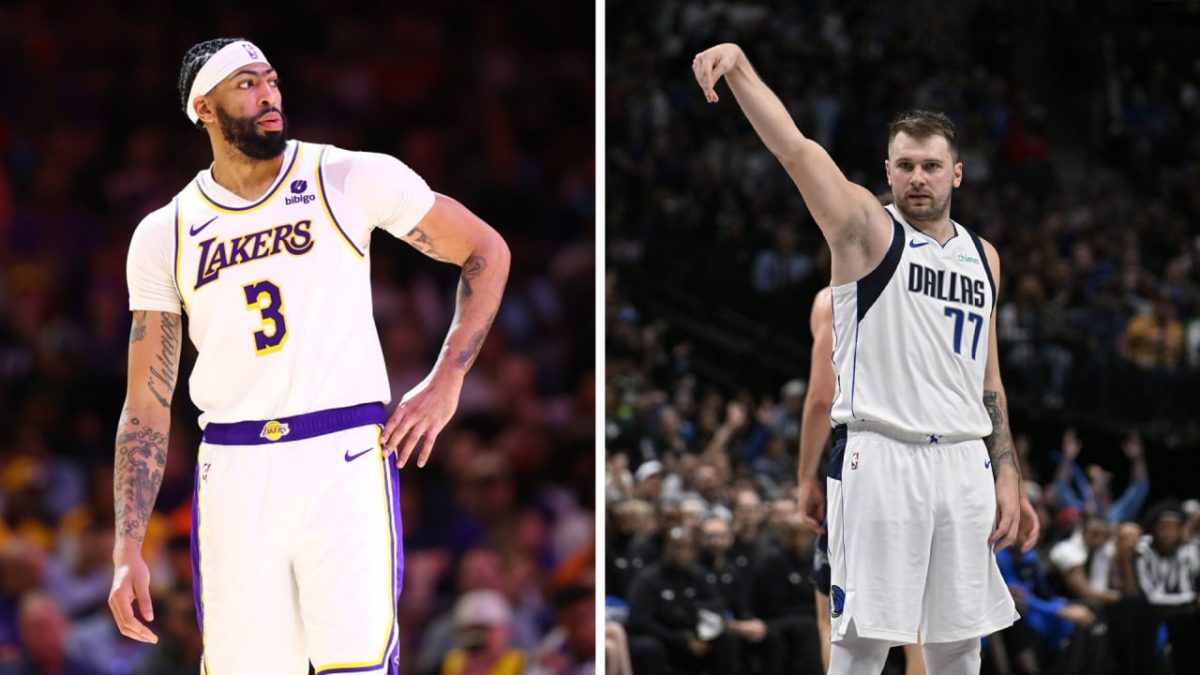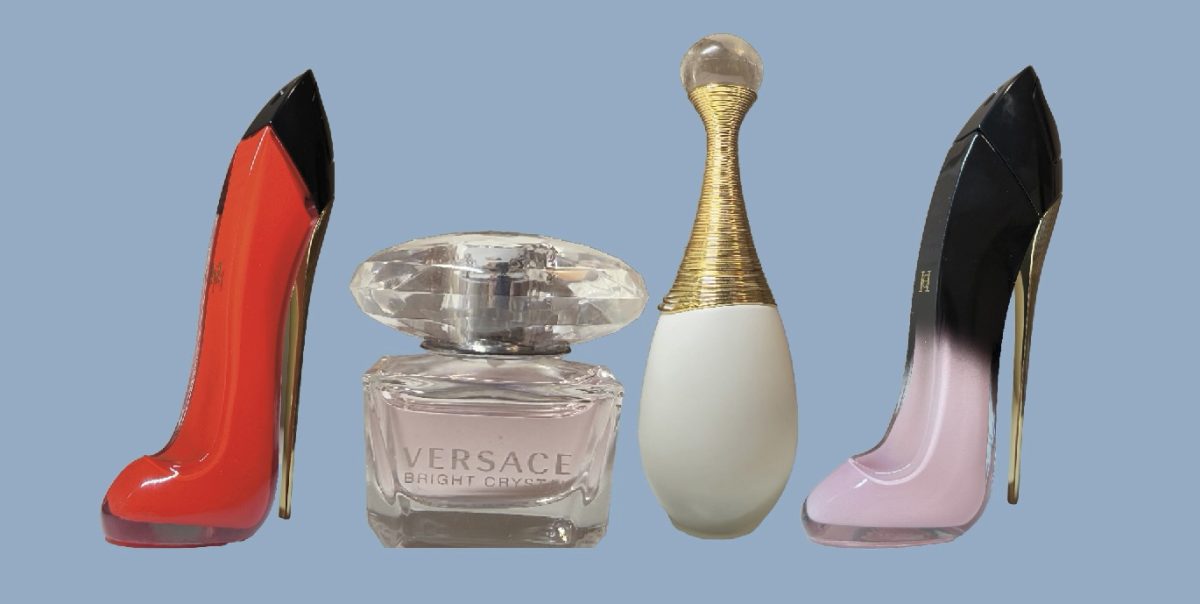A few entries from the “Most Beautiful Teen” contest Facebook page. Photo illustration by Ilaf Esuf.
It’s not enough anymore to have mirrors that show you how beautiful you are. Apparently, as technology advances, teenagers now need validation from their friends — and strangers — on Facebook. I found it ironic that right after WHS publicized efforts to stop cyber-bullying and suicide attempts from cyber-bullying were all over the news, a girl on Facebook decided to host a “Most Beautiful Teen Contest.”
Jessica Hudson, the founder of this particular contest, is 19 years old and lives in Sweden, according to her Facebook profile. Her “Basic Description” states “If your a fake account don’t add me I won’t ACCEPT! If your going to add me please don’t be a pervert!” demonstrating her tremendous grammar skills and precautionary measures against online threats. She clearly understood the term stranger-danger. Furthermore, Hudson shows off her advanced Facebook skills by creating a demeaning event, fueling judgement, criticism and bullying.
This “Most Beautiful Teen Contest,” where the winning entry is based solely on how many likes it receives, has generated attention from all parts of the world. Teenagers even as young as 13 are asked to submit a photo of themselves if they would like to compete. Few rules and guidelines have been given to those interested in competing. Teenagers can submit any photo as long as it isn’t porn. “IF YOU UPLOAD ANY NUDITY YOU WILL BE BANNED FROM THE EVENT,” is a comical warning found on the description of the page. Yet, almost half of the pictures feature shirtless boys and half naked girls; in fact, these are the pictures that received the most likes.
As with anything on the Internet, this event that judges people based on appearances invites both positivity and negativity. While some users post pictures of cancer survivors, showing that everyone is beautiful, other Facebook users write derogatory comments on pictures — even though it isn’t anonymous. “Don’t lean on the tree…it’ll break,” reads one comment making a fat joke about an innocent girl. Though nudity is prohibited on the page, the description does not even bother to warn against negative comments. It’s almost as if everyone expects society to be demeaning, and decides to proceed with the show anyway. In fact, some teenagers who decide to take part in the competition make the title of their post “No rude comments please” as if that will be enough to ward away thick-headed idiots who like to hide behind a screen.
It is contests like these that invite negativity and fuel society’s demeaning ideals of beauty. Not only does this show the negative effects of social media, but it also shows the deterioration of innocent youth. We’ve all moved on from our “7th Heaven” days filled with compliments and love and have transcended into a period of hate and disgust. This kind of behavior might be expected of older, reckless teenagers in high school who are known for partying and taking part in illogical activities; however, what disturbs me the most is that children as young as 13 are also exposed to this. When I was 13 I was happy watching “Zoey 101” and re-runs of “The Fresh Prince of Bel-Air.” I wasn’t trying to find the shortest skirt and figuring out how to get away with dressing like a prostitute. I focused on being young and having fun, which is what kids should do.
So in the end, here is the moral of the story: according to our society, to be considered beautiful, girls must be half naked and have a duck-faces while boys must have 6-packs. This type of behavior must start at age 13 or else you are considered a loser. This, unfortunately, is the future of America.
By ILAF ESUF
















